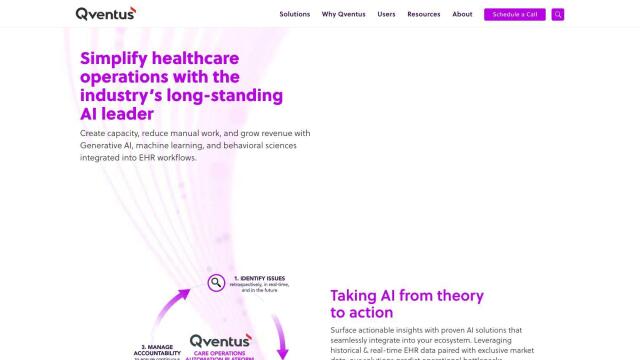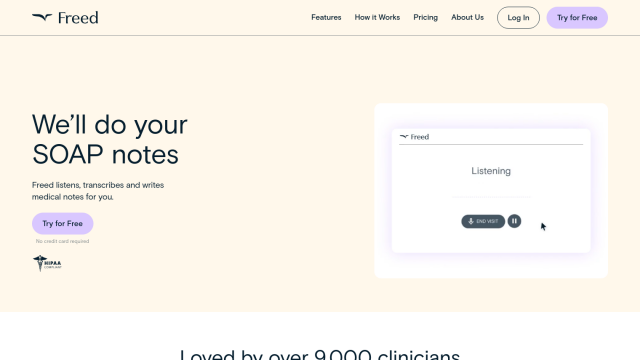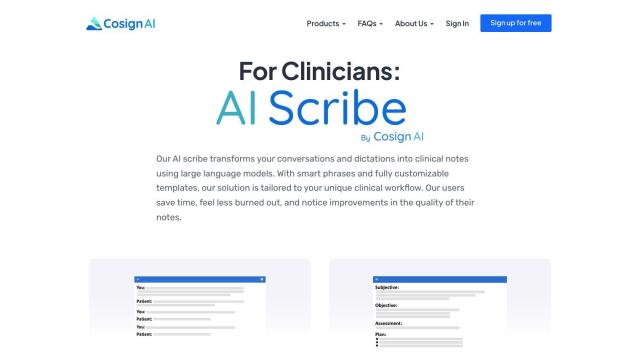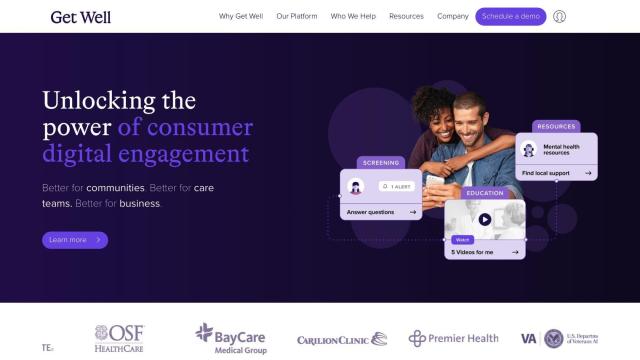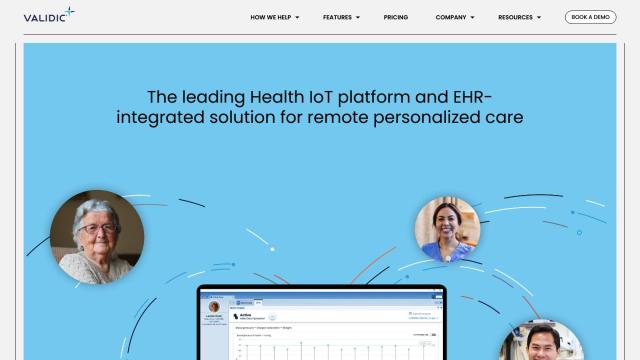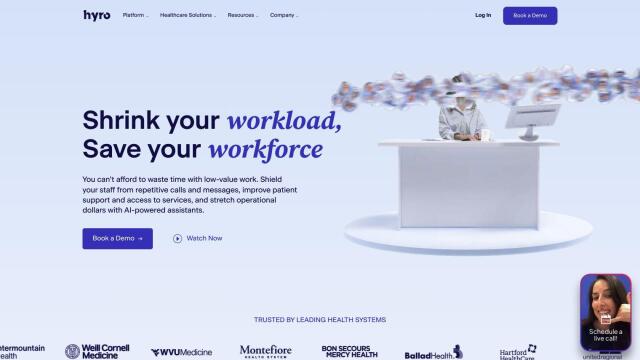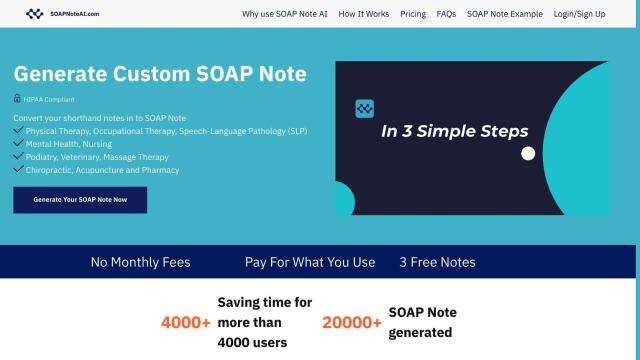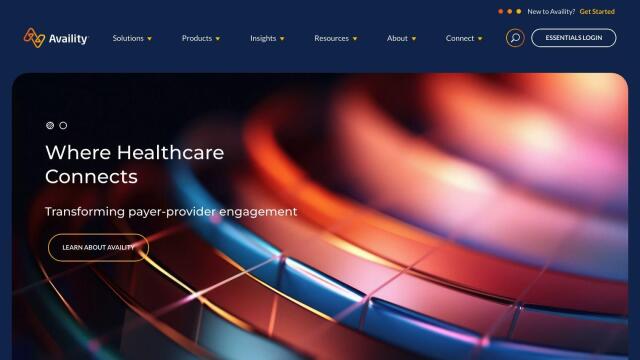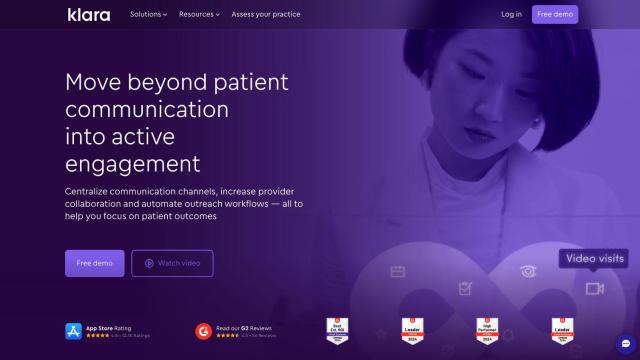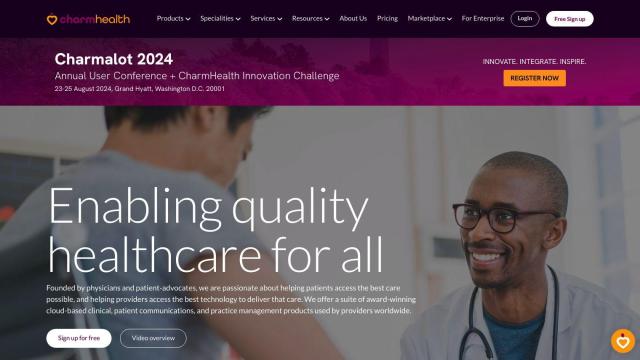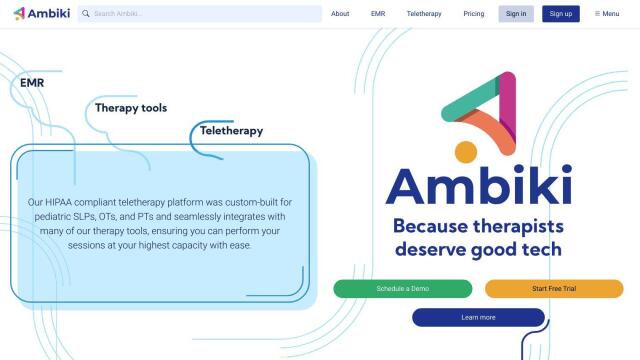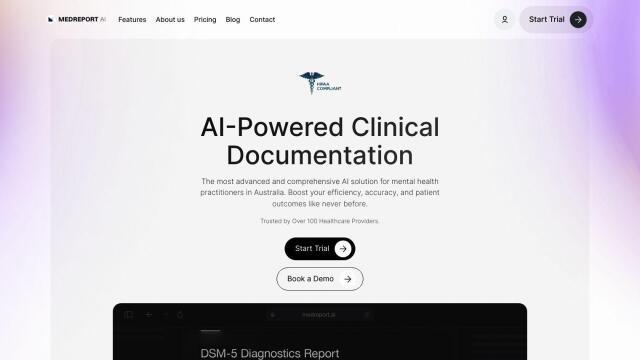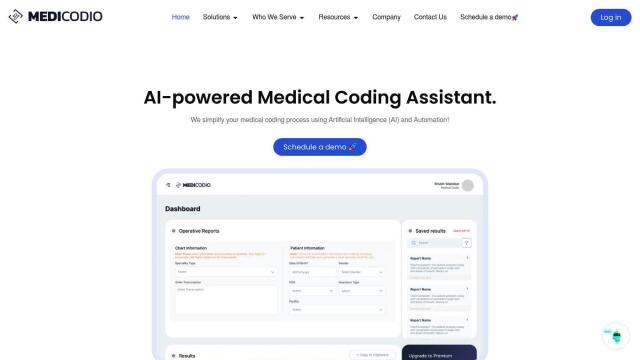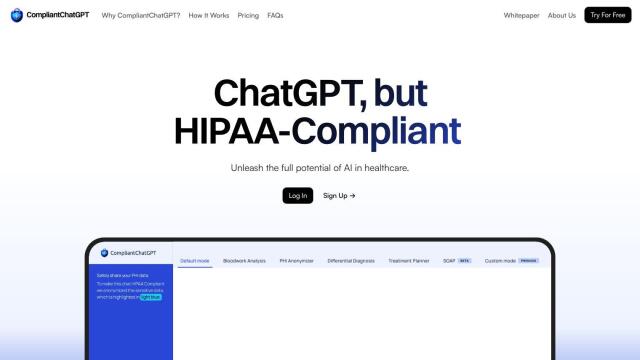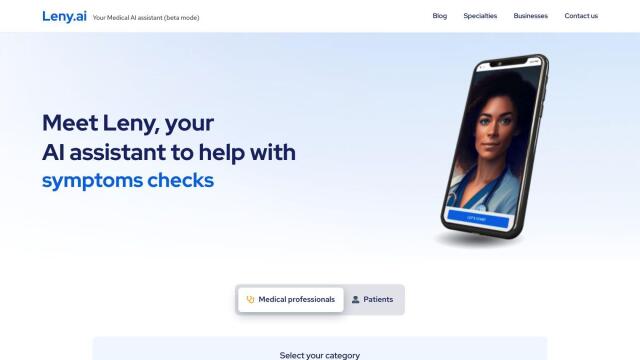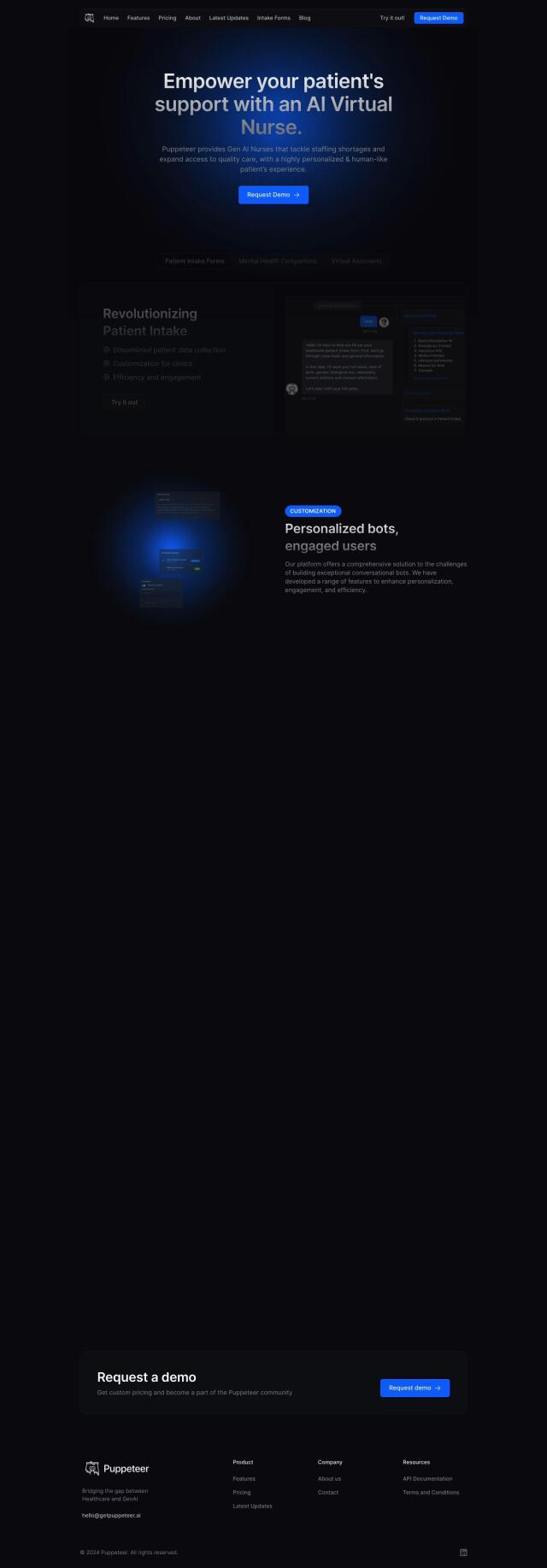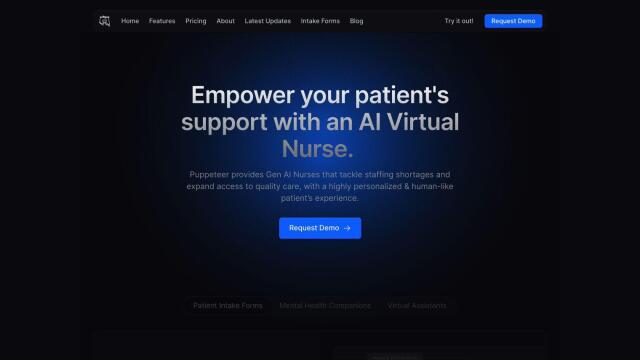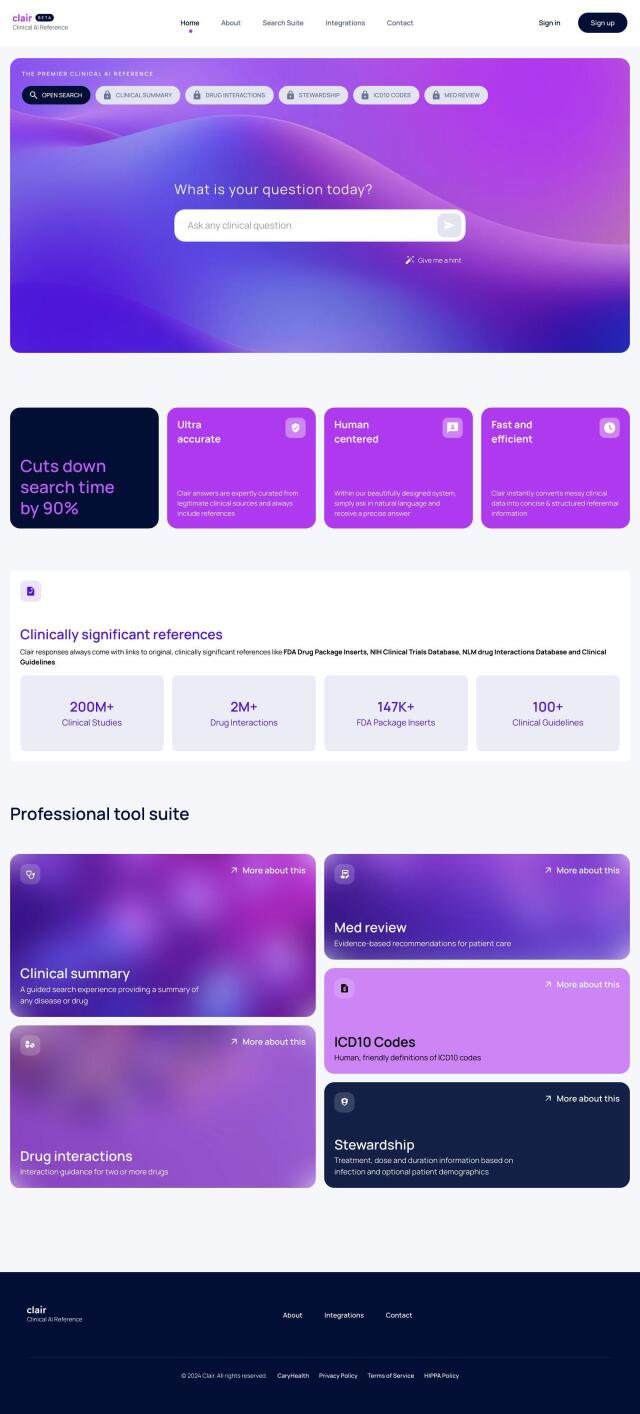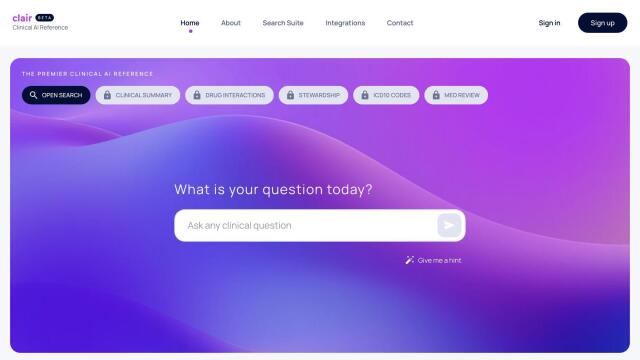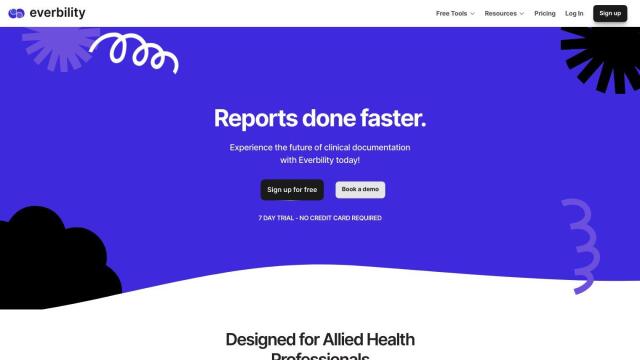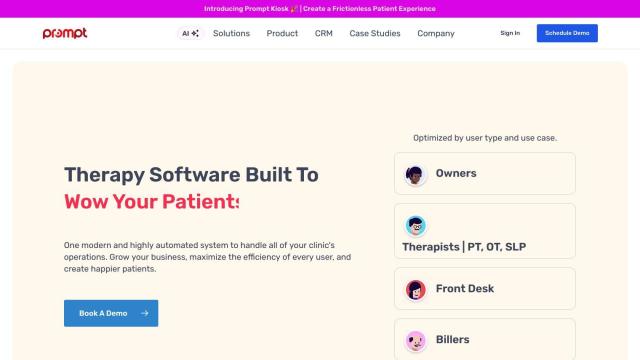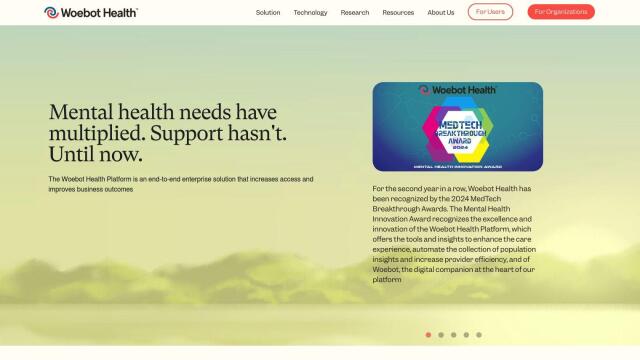Question: I need a tool that can help me with patient outcomes and reduce administrative burden, do you know of any solutions?

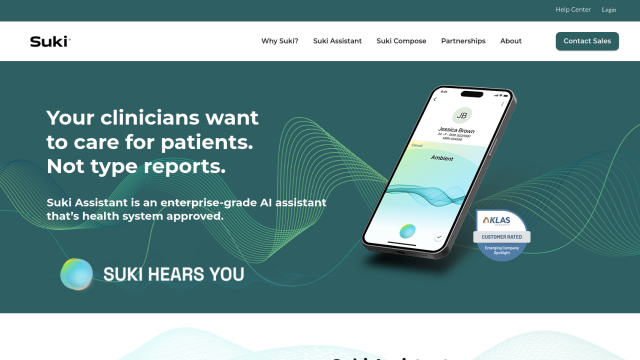
Suki
If you're looking for a tool to help with patient outcomes and reduce administrative burden, Suki is a strong contender. Suki is an AI-powered voice assistant that helps clinicians get rid of administrative work. It can generate ambient notes, dictate text, suggest coding and answer questions to automate clinical workflows. Suki integrates with big EHR systems like Epic, Cerner and Athena, and follows security standards like HIPAA and SOC2 Type 2. Health systems that deploy Suki can lower costs and increase productivity, leading to higher physician satisfaction and lower turnover.

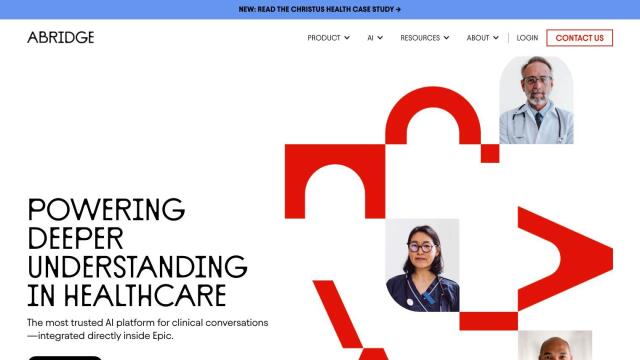
Abridge
Another good option is Abridge, a generative AI platform that converts clinical conversations into structured notes. It connects directly to Epic systems and works in multiple languages, providing clinically validated summaries across many specialties. Abridge eases the documentation burden, freeing up clinicians to spend hours each month on more important work, and helps them maintain a better work-life balance. The company also offers an impact calculator to estimate the savings from reducing burnout and improving care quality.

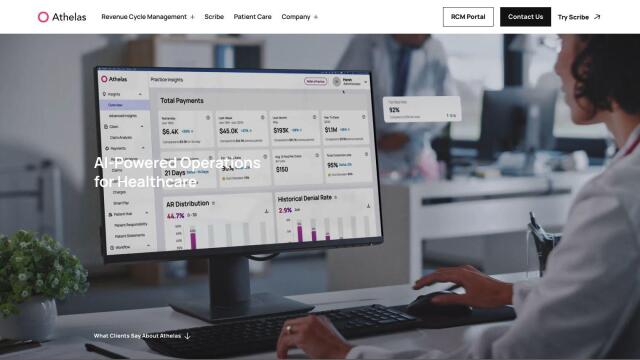
Athelas
You could also look at Athelas, which offers a collection of AI-powered tools to automate health care operations. That includes Athelas RCM for revenue cycle management, Athelas Scribe for AI-powered transcription and Patient Care for remote patient monitoring. Athelas offers real-time insights and connects to more than 20 EHR systems, helping health care providers free up staff and increase productivity.
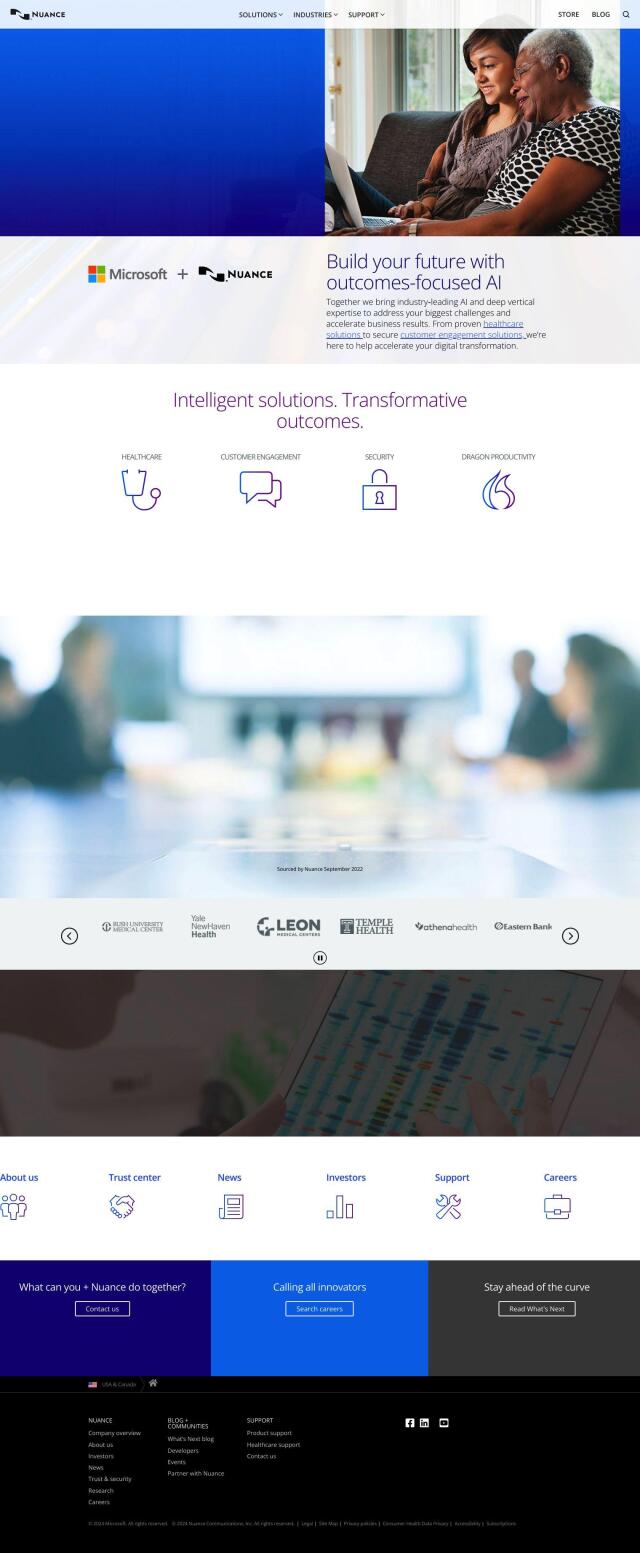
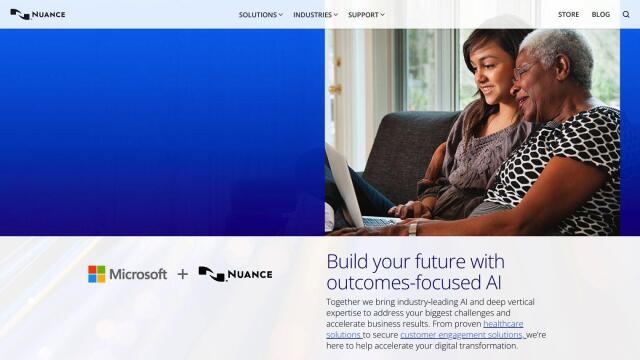
Nuance
And Nuance has a collection of conversational AI tools that can improve patient care and clinical documentation. With tools like voice recognition and natural language understanding, Nuance's tools are designed to help doctors, radiologists and hospitals work more efficiently and cut administrative work. Nuance has worked with more than 10,000 health care organizations and has been updated to incorporate the latest AI technology, so it's a good option to improve patient care and reduce burden.

